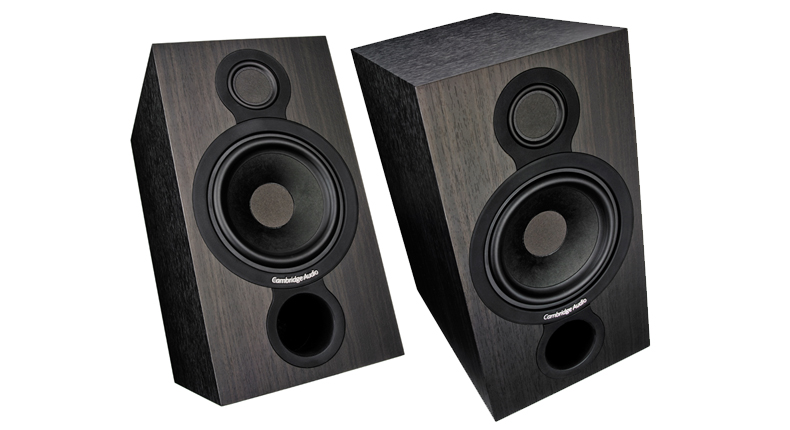What Hi-Fi? Verdict
A competitive performer, but not special enough to be trouble the very best
Pros
- +
Vast soundstage
- +
Good scale, authority and dynamics
- +
Competitive price
- +
Clear and focused vocals
Cons
- -
Some rivals have more detail and subtlety
- -
Not the classiest-looking speaker
- -
Size may be off-putting for some
Why you can trust What Hi-Fi?
We know the Aero range fairly well. Some of its speakers make up the Aero 5.1 home cinema speaker package that’s been our Award-winner in the sub-£2000 category two years on the trot.
The range’s Aero 2 standmounters are not part of that particular bundle, but they are now in the budget speaker market at a tempting £200 following a £50 price drop.
But with the affordable market a fierce one that’s long been dominated by the likes of Q Acoustics and Wharfedale in recent years, the Aeros need to be as competitive in performance as they are in price.
Design
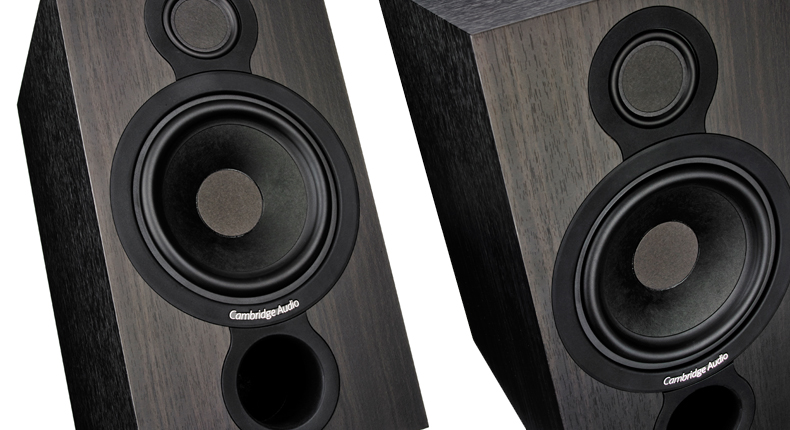
You certainly get a lot of cabinet for your money. Sitting 37cm tall and almost that deep, the Aeros are chunky units – not ideal for those short on space, but not without performance benefits either (we’ll come to that later).
We’re starting to see classier-looking speakers further down the price spectrum, thanks to the likes of Q Acoustics' 2020i and Monitor Audio's MR2, but we wouldn’t exactly say these Cambridge units fall into that category; the bog-standard MDF cabinets are rather bland and the straight edges hardly invite a fondle.
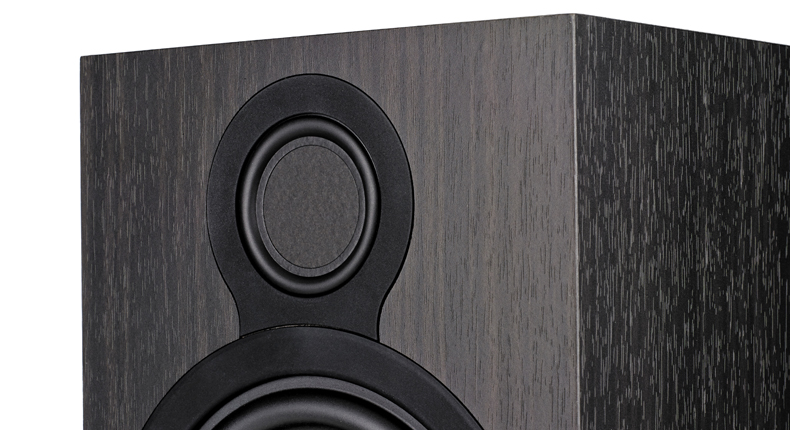
Still, the vinyl-wrap finish – in your choice of dark walnut or black – is tidy, well administered and makes for a traditionally clean and classic look. The talking point (of both aesthetic and technical design) is apparent as we move our eyes to the speaker face.
At first glance, the baffle may look unassumingly traditional. Peer closer and you’ll realise that what you mistook as a tweeter above the 16.5cm woofer and front port is actually a BMR (Balanced Mode Radiator) driver – a technology the company has continued to use (and develop) in its products of late, and one that’s quite advanced this far down the value line.
So what’s the fuss? The driver covers a wider frequency range than conventional drivers (250Hz to 22kHz) and moves the crossover point to an area where our ears are less sensitive to the distortions inherent in any frequency handover.
Performance
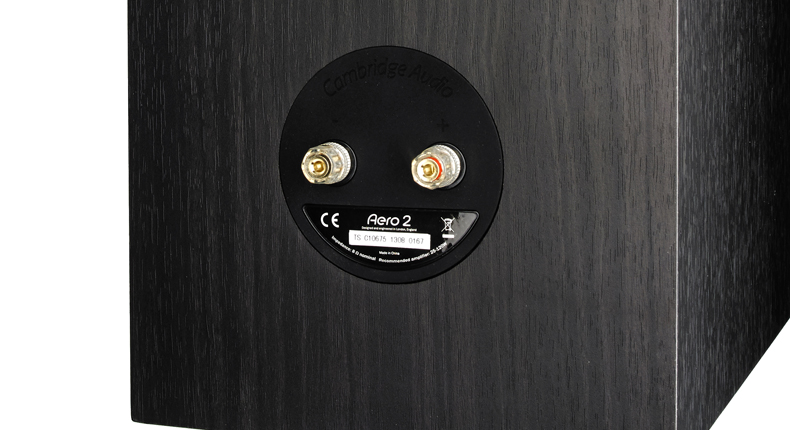
The result of all that tech tweakage is a cleaner, well-integrated and widely dispersed sound. Those qualities certainly contribute to the Aeros’ assurance with movie sound, but prove an asset to music replay too. Capable of filling our largest test room, the soundstage is spacious and involving from the word ‘go’.
It’s clear and precise, too. But it’s the Aero’s striking solidity and confident delivery that’s most noticeable from the off – and they don’t need to be shoved up against a wall to achieve that. If anything, the Aeros benefit from being pulled out slightly from a rear wall for better balance and more expansive stereo imaging.
Around 30cm or so should do it. Play an epic orchestral track such as John Williams’ Duel Of The Fates and the Aeros soar: choral vocals, frenzied strings and dominating French horns are given all the scale, authority and dynamics they require. They also render enough punch and rhythmic drive to get you on your feet during a run through of Michael Jackson’s Bad album.
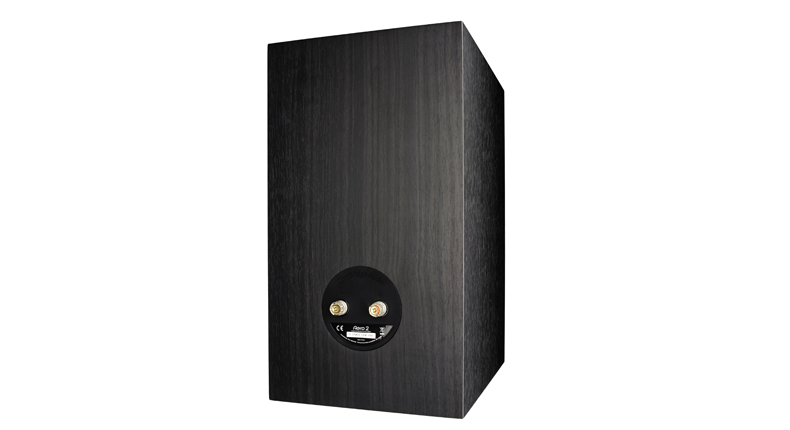
That said, these speakers aren’t the be-all and end-all in vocal expression. They struggle to match the Wharfedale Diamond 220s’ level of insight into Jackson’s emotional delivery during I Just Can’t Stop Loving You.
Nevertheless, the vocals are clear and solid, and projected with such stunning focus and directness that you almost forget about the track’s instrumental backdrop. Cabinet size plays a hand in the generous amount of bass, which is deep and controlled, if not as taut as we’ve heard at this level.
The Wharfedales demonstrate more detail across the spectrum, too, and dig up a level of subtlety and finesse the Aero 2s can never really get close to.
Verdict
So while you don’t get the best sound possible at this price, what you do get is thoroughly entertaining – especially when paired with big, dynamic kit.
They might not be heading for Award-winning fame, but the Aero 2s can hold their head high in a cut-throat market. We’d give them a demo.
What Hi-Fi?, founded in 1976, is the world's leading independent guide to buying and owning hi-fi and home entertainment products. Our comprehensive tests help you buy the very best for your money, with our advice sections giving you step-by-step information on how to get even more from your music and movies. Everything is tested by our dedicated team of in-house reviewers in our custom-built test rooms in London, Reading and Bath. Our coveted five-star rating and Awards are recognised all over the world as the ultimate seal of approval, so you can buy with absolute confidence.
